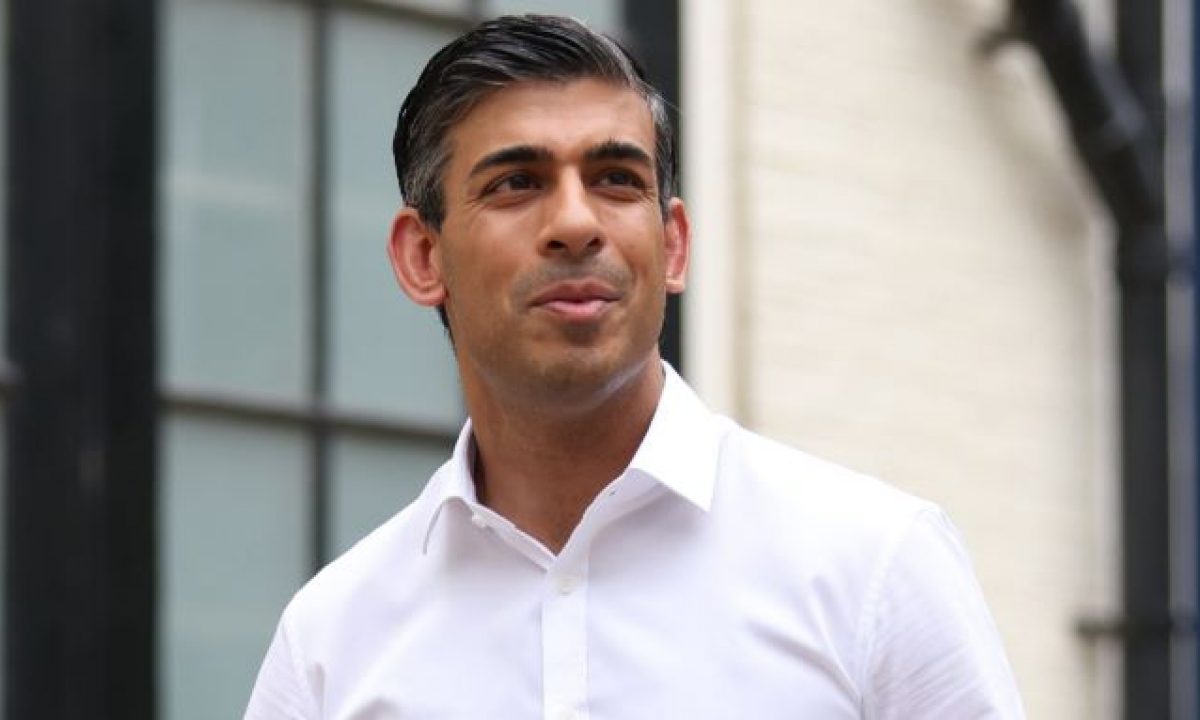Days before the Taliban’s acting foreign minister Amir Khan Muttaqi embarked on a visit to Pakistan on November 10, one of his helpers reached out to an conciliator to ascertain whether there were any India- related issues that should be raised in Islamabad.
The assistant from Muttaqi’s office also wanted to ascertain from the conciliator whether there were any perceptivity that should be kept in mind in the Taliban foreign policy chief’s demoiselle engagement with the Pakistani leadership, people familiar with the matter said on condition of obscurity.
Muttaqi’s assistant was informed about the need to take up with the Pakistani leadership the offer made by India several weeks ago to supply tonnes of wheat to Afghanistan, and the pressing need to make trip arrangements for hundreds of Afghan citizens stranded across India since the fall of the Ashraf Ghani government in August, the people said.
Pakistan hadn’t responded to India’s offer to transport the wheat to Afghanistan via the Wagah land border crossing in the absence of direct breakouts.
The Taliban delegation led by Muttaqi, which was in Pakistan for three days, raised both issues with top leaders similar as foreign minister Shah Mahmood Qureshi and Prime Minister Imran Khan. As a result, Khan blazoned on November 22 that his government would allow the payload of the Indian wheat as soon as modalities were worked out by Islamabad and New Delhi.
Khan said Pakistan would also grease the return of Afghans who had gone to India for medical treatment and were stuck there.
This outreach by Muttaqi’s camp and the Taliban’s balanced response to the November 10 meeting of elderly security officers of seven countries, including Iran and Russia, that was convened by India are being seen in some diggings as an attempt by the Taliban to strike a balance in their attempts to forge relations with Pakistan and India.
Taliban spokesperson Zabiullah Mujahid had said the first indigenous meeting on Afghanistan convened by India was in the “ better interest of Afghanistan” and reiterated the group’s policy on not allowing Afghan soil to be “ used against any country”. The Taliban, he added, had no “ expostulation or anxiety” about the meeting.
“ Though we aren’t present in this conference, we forcefully believe this conference is in the better interest ofAfghanistan.and the sharing countries also must be thoughtful of perfecting and securing the security situation in Afghanistan and helping the current government to insure security in the country on its own,” Mujahid said.
One of the people cited over said “ It’s delicate to gauge their sincerity but they do feel to be going through the movements to produce an print that they want a balance between Pakistan and India. It also suits the Taliban to be seen as not fully reliant on Pakistan.”
The Indian side, which had opened channels of communication with sections of the Taliban leadership last time, has made it clear it’s in no rush to give legality or recognition to the Taliban setup. New Delhi has claimed that Afghanistan mustn’t be used for planning or executing terror attacks on other countries and an inclusive government must be formed in Kabul.
Sharing in an online event organised on Wednesday by the Indian Chamber of Commerce, foreign clerk Harsh Shringla described the Indian side’s exchanges so far with the Taliban as “ veritably reassuring” but also listed the world community’s continuing enterprises on Afghanistan.
Though the rapid-fire developments in Afghanistan amounted to a reversal, he said “ We’ve also established some contact with the Taliban both in Doha as well as in Moscow in the addresses, and I suppose the Taliban in our discussion with them have been veritably reassuring. They’ve recognised that India has contributed greatly to the people of Afghanistan that our experimental systems over the last 20 times have greatly contributed to Afghanistan’s development.”

